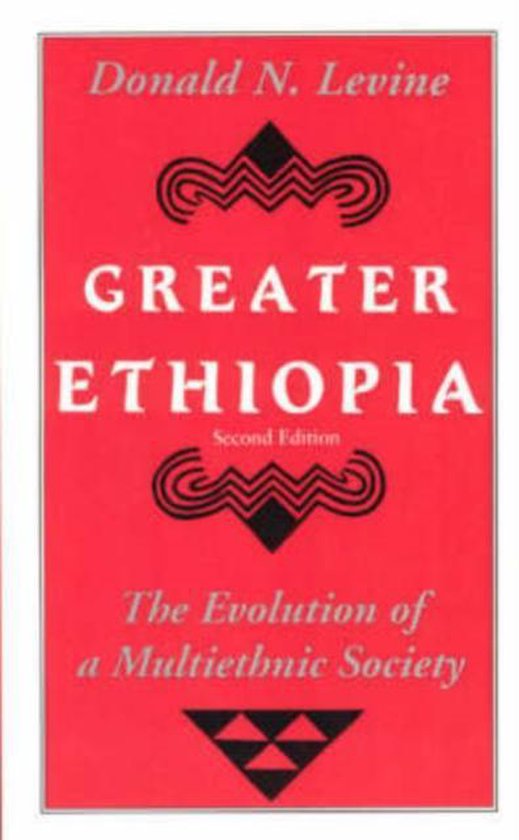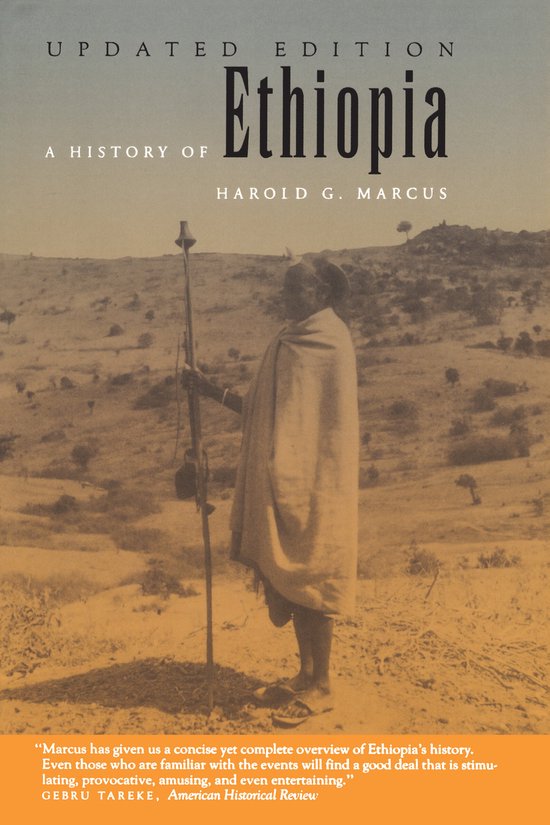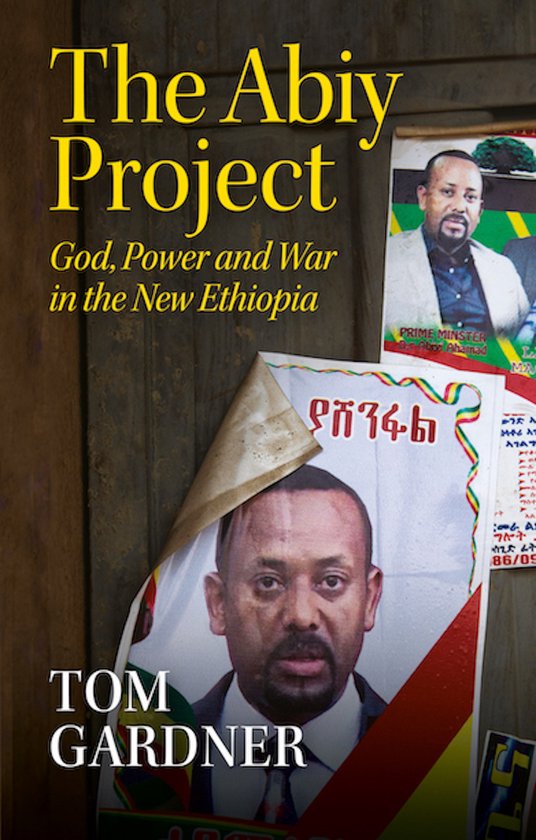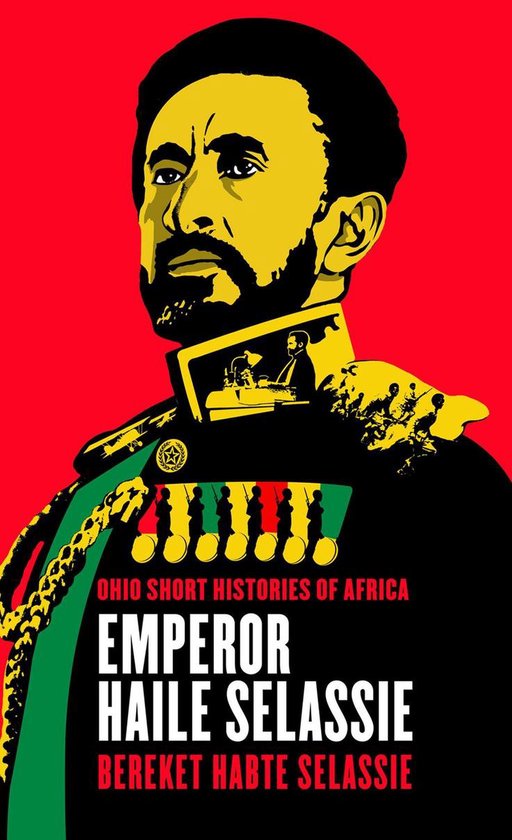
Greater Ethiopia - The Evolution of a Multiethnic Society 2e
This work combines history, anthropology and sociology to answer two questions: why did Ethiopia remain independent under European expansionism while other African political entities were colonized?; and why must Ethiopia be considered a single cultural region despite its diversity?
Combines history, anthropology and sociology to answer two major questions. Why did Ethiopia remain independent under the onslaught of European expansionism while other African political entities were colonized? And why must Ethiopia be considered a single cultural region despite its political, religious and linguistic diversity? Donald Levine's interdisciplinary study seeks to make a contribution both to Ethiopian interpretive history and to sociological analysis. In his preface, Levine examines Ethiopia since the overthrow of the monarchy in the 1970s.
Combines history, anthropology and sociology to answer two major questions. Why did Ethiopia remain independent under the onslaught of European expansionism while other African political entities were colonized? And why must Ethiopia be considered a single cultural region despite its political, religious and linguistic diversity? Donald Levine's interdisciplinary study seeks to make a contribution both to Ethiopian interpretive history and to sociological analysis. In his preface, Levine examines Ethiopia since the overthrow of the monarchy in the 1970s.
| Auteur | | Donald Levine |
| Taal | | Engels |
| Type | | Paperback |
| Categorie | | Mens & Maatschappij |





